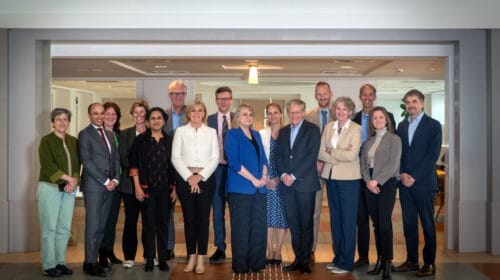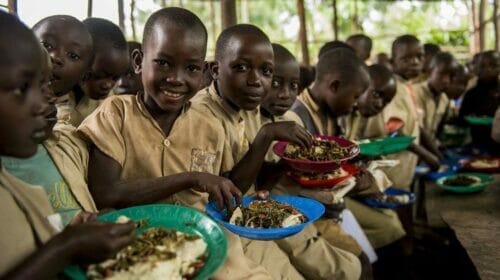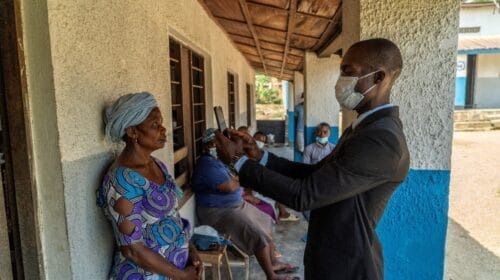Pre-exposure prophylaxis services in Thailand during COVID-19
Thailand’s key population-led health services (KPLHS) are a hallmark of the success of the country’s HIV response. In Thailand, KPLHS refer to a defined set of HIV-related health services for key populations designed and delivered by trained and qualified lay providers, who are often members of key populations. These services are needs-based, demand driven and client-centered, and include HIV testing, pre-exposure prophylaxis (PrEP) services, and linkage to HIV care. KPLHS augments the national program in Thailand by bridging the gap between government services and key populations, especially for the most marginalized communities. Currently, more than half of all Thai PrEP users access PrEP through KPLHS.
In the first half of 2019, COVID-19 impacted the delivery of and access to KPLHS and other HIV services in Thailand. For example, numbers of HIV and STI testing clients in major HIV/STI centers declined by 50-75%, there were reductions in numbers of new HIV diagnoses and treatment initiations, there was uncertainty around the supply of PrEP, travel restrictions prevented some clients from visiting their usual providers, and there were personal protective equipment shortages.

PrEP Xpress delivery service
The Institute of HIV Research and Innovation (IHRI) supported KPLHS to adapt PrEP services and implement a range of innovations at the community level. These included:
- extending PrEP-prescriptions from 3 to 6 months for many clients continuing PrEP
- telehealth consultations to minimize clinic visits and allow those under movement or travel restrictions to continue to access PrEP care
- Xpress delivery services for medication
- STI self-sampling, and
- PrEP effective use counseling was introduced, allowing MSM clients to choose to stop, re-start and tailor daily or event-driven use to their HIV risk.
Self-sampling
As KP-lay providers in community-based clinics were not prioritized during personal protective equipment shortages, KPLHS made improvised plastic shields and other protective equipment to help protect themselves and their clients.
Improvised PPE to protect clients and their providers at the MPLUS clinic
Outside the ‘clinic’, KPLHS also helped ensure that client’s essential life needs were met during the pandemic, including food packages, daily necessities, temporary housing/shelter, emergency funds, and live-saving guides and toolkits for those practicing sex work.
Food deliveries to vulnerable clients
These service adaptations have helped overcome some of the barriers to PrEP services for key populations during the COVID-19 pandemic. The adaptations are largely sustainable, have helped expand the differentiated service delivery model for PrEP and are becoming popular options for clients. Indeed, STI self-sampling has increased in popularity with rates of acceptance increasing from 48% in May 2020 to 78% in July 2020.
KPLHS and other HIV services should embed adaptations that improve accessibility, availability, quality and acceptability, including those introduced in response to the COVID-19 pandemic, to improve PrEP services post-COVID-19. The adaptations introduced by KPLHS in Thailand and their successes provide important lessons for other countries and HIV services.




